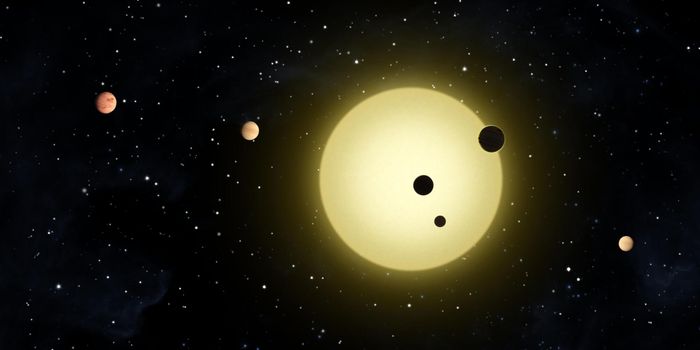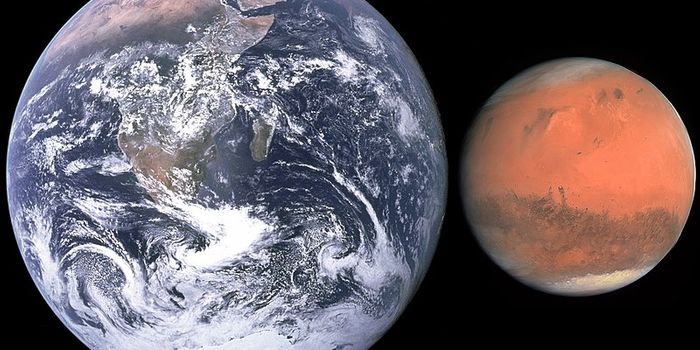Sterilized Desert Soils Release Nitrogen Gases After Rainfall
How can desert soils continue to greenhouse gas emissions (GHG)? This is what a recent study published in Scientific Reports hopes to address as a team of scientists investigated how wetting dry soils could contribute to global GHG levels. This study has the potential to help researchers, climate scientists, legislators, and the public better understand how environmental interactions influence climate change and the steps that can be taken to mitigate them.
For the study, the researchers conducted laboratory experiments on two types of soil cores obtained from the Dead Sea coastline, natural and irradiated, with the goal of ascertaining the amount of GHG like carbon dioxide, nitrous oxide, and nitric oxide, the soils contribute to the atmosphere when soils are wetted. The purpose of the irradiation was to sterilize the soils of microbes to demonstrate how chemical processes could play a role in soils emitting GHG. In the end, the researchers found that natural soils emitted double the amount of carbon dioxide as irradiated soils while irradiated soils emitted almost five times and 13 times the nitrous oxide and nitric oxide, respectively, compared to natural soils.
“Our results show that chemical reactions—not just biology—drive these immediate emissions, especially for nitrogen-based gases,” said Dr. Isaac Yagle, who is from the Ben-Gurion University of the Negev and is lead author of the study. “This changes how we understand and model greenhouse gas emissions from soils in drylands.”
This study comes as GHG emissions reached record levels in 2023 while the United States and China continue to be the world’s top two global GHG contributors. Therefore, this study demonstrates the importance of recognizing how soil use can contribute to GHG emissions and the steps that can be taken to mitigate them.
What new discoveries about wet soils and GHG will researchers make in the coming years and decades? Only time will tell, and this is why we science!
As always, keep doing science & keep looking up!
Sources: Scientific Reports, EurekAlert!








